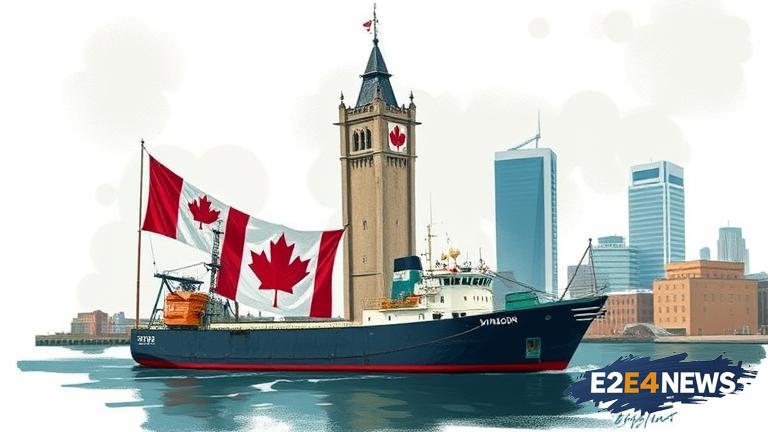In a move aimed at alleviating trade tensions, Canada has announced the removal of certain counter-tariffs. However, the tariffs that have been particularly detrimental to the Windsor region remain unchanged. The decision has been met with a mix of reactions, ranging from cautious optimism to outright disappointment. The counter-tariffs were initially imposed in response to US tariffs on Canadian steel and aluminum. While the removal of some tariffs is seen as a positive step, the retention of others is causing concern among local businesses and residents. Windsor, being a significant hub for the automotive industry, has been disproportionately affected by the tariffs. The region’s economy has been feeling the strain, with many businesses struggling to stay afloat. The ongoing trade dispute has also led to increased costs for consumers, which in turn has affected demand for certain products. Despite the challenges, some industry experts believe that the removal of some tariffs could be a step towards a more comprehensive trade agreement. Others, however, are more skeptical, citing the need for more substantial action to address the underlying issues. The Canadian government has stated that it will continue to work towards finding a resolution that benefits all parties involved. In the meantime, Windsor residents and businesses are left to navigate the complexities of the ongoing trade dispute. The situation is further complicated by the fact that the US has shown no indication of lifting its tariffs on Canadian steel and aluminum. As a result, Canada’s counter-tariffs, although lifted in part, remain a necessary measure to protect domestic industries. The impact of the tariffs on Windsor’s economy cannot be overstated, with many jobs and livelihoods hanging in the balance. Local leaders are urging the government to take more decisive action to support the region. The trade dispute has also sparked concerns about the broader implications for Canada’s economy and its relationship with the US. While some progress has been made, much work remains to be done to resolve the issue. In the short term, Windsor will continue to feel the effects of the tariffs, but there is hope that a long-term solution can be found. The region’s resilience and adaptability will be crucial in navigating these challenging times. As the situation continues to evolve, one thing is certain – the people of Windsor will be watching closely, eager for a resolution that benefits their community. The removal of some counter-tariffs is a step in the right direction, but it is only the beginning. More needs to be done to address the root causes of the trade dispute and to support the regions that have been most affected. Only time will tell if the Canadian government’s efforts will be enough to mitigate the damage and pave the way for a more prosperous future for Windsor.





